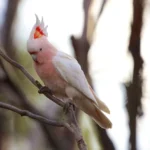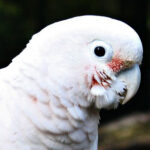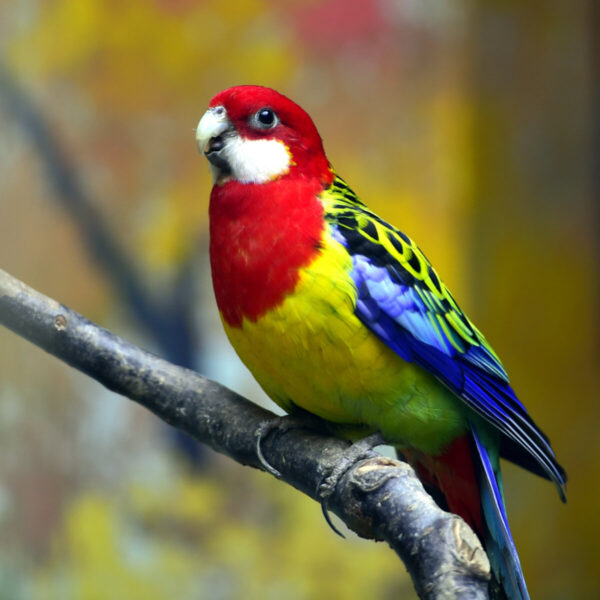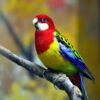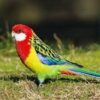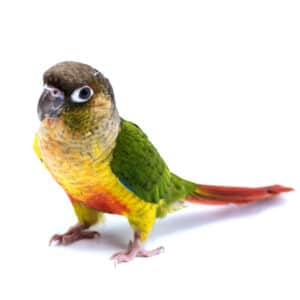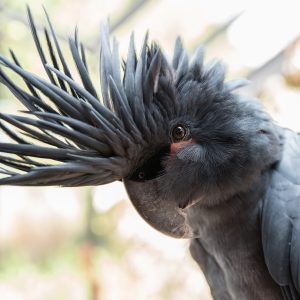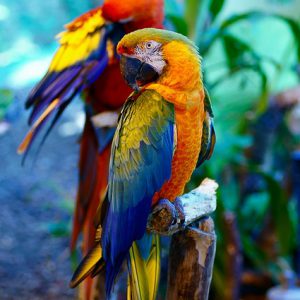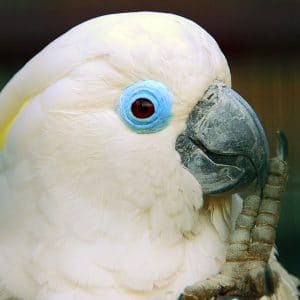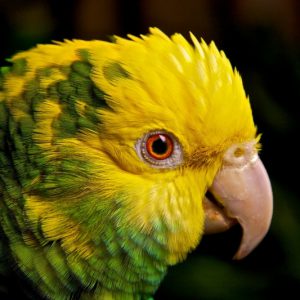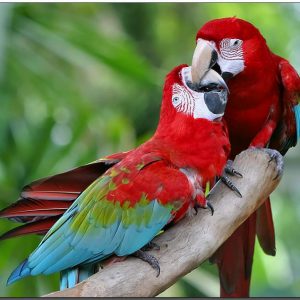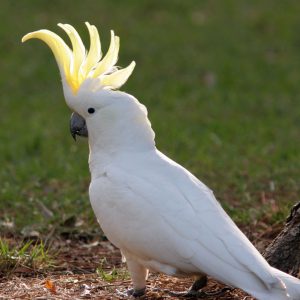Description
Raising parrots is a hobby for many people. Chirping parrots will make you feel more relaxed after stressful working hours. On the market today there are many popular parrot species such as budgies, cockatiels, rose-breasted parrots… and one type of parrot that cannot be ignored is Rosella from Australia with quite bright colors.
Parrots have been vaccinated for free against the following diseases:
– Flu, intestinal diseases – Monthly (200,000 VND/time)
– Profit book – Every 3 months (100,000 VND/time)
– Coccidiosis (Bloody diarrhea) – Every 3 months (100,000 VND/time)
– NewCastle (Cholera) – Every 4 months, birds stay at Pet Me for 3 days (500,000 VND)
– Lung fungus – Monthly (100,000 VND/time)
– Asthma/ Typhoid/ Pasteurellosis – Monthly (100,000 VND/time)
*** With the advice of Dr. Nguyen Nhu Pho – Lecturer at Ho Chi Minh City University of Agriculture and Forestry.
Rosellas are often sought out as pet birds because of their striking appearance. They tend to be kept in an aviary setup with others of their kind; however, a well-socialized, hand-tamed rosella can be a sociable companion
Rosellas are native to southeast Australia and nearby islands. It inhabits open forests, woodlands, gardens as well as parks, and its wild diet consists many of native grass seeds, herbs, fruits and flowering buds.
While rosellas might not be inclined to cuddle or want to be petted like other parrots, they can be sociable if they are consistently interacted with. Rosellas make great aviary birds, and will still retain their pet quality in a flighted situation if you take the time to play with them.
Rosellas need space and a good diet to help them thrive. The largest cage you can afford is ideal, but be careful that the bars are the correct spacing for a bird with this head size. An aviary situation is ideal for rosellas, which will live peacefully with others of their kind in a large enough space. Rosellas love to bathe, so provide a shallow dish of water for them to bathe in.
A standard diet for a rosella should include lots of fruit and vegetables, and some healthy table foods. Your hand-fed, tame rosella might sit on your shoulder at the dinner table, and will be quite well behaved, unlike many birds that will tend to wander. This is a good way to reinforce the bond between you and your bird, and you can feed him tidbits from you plate. These birds are reported to live for more than 25 years if cared-for properly.

